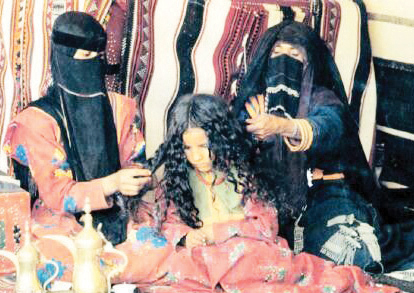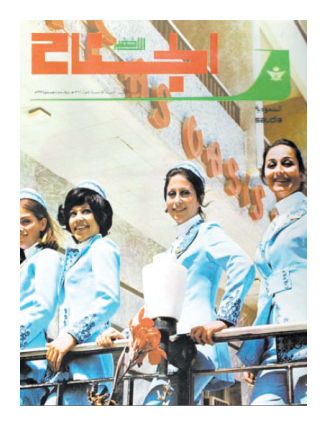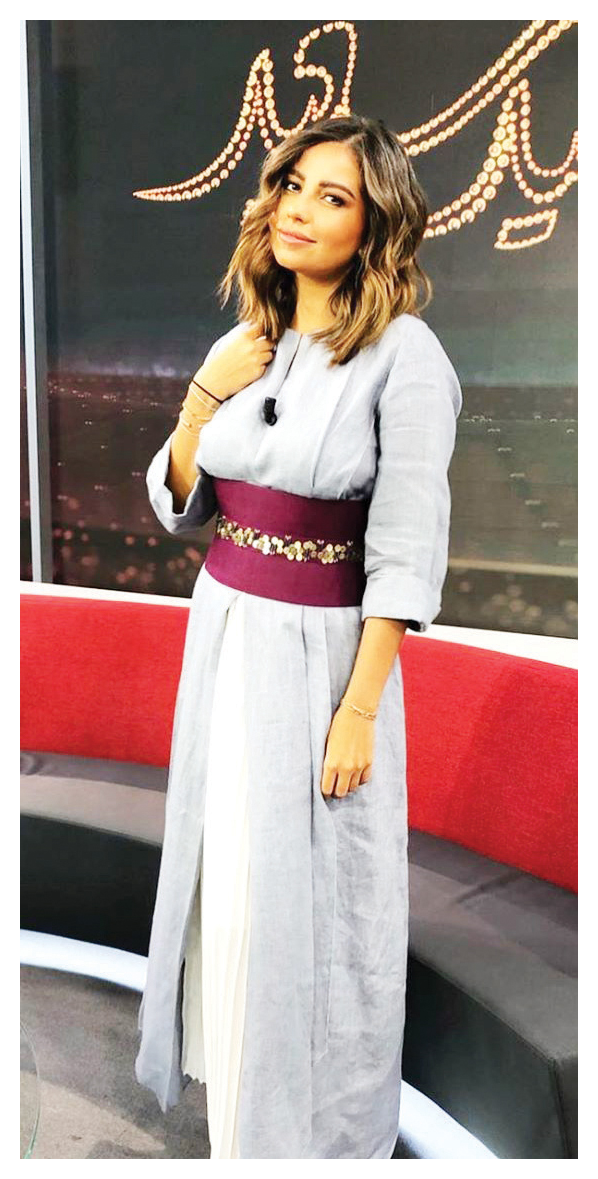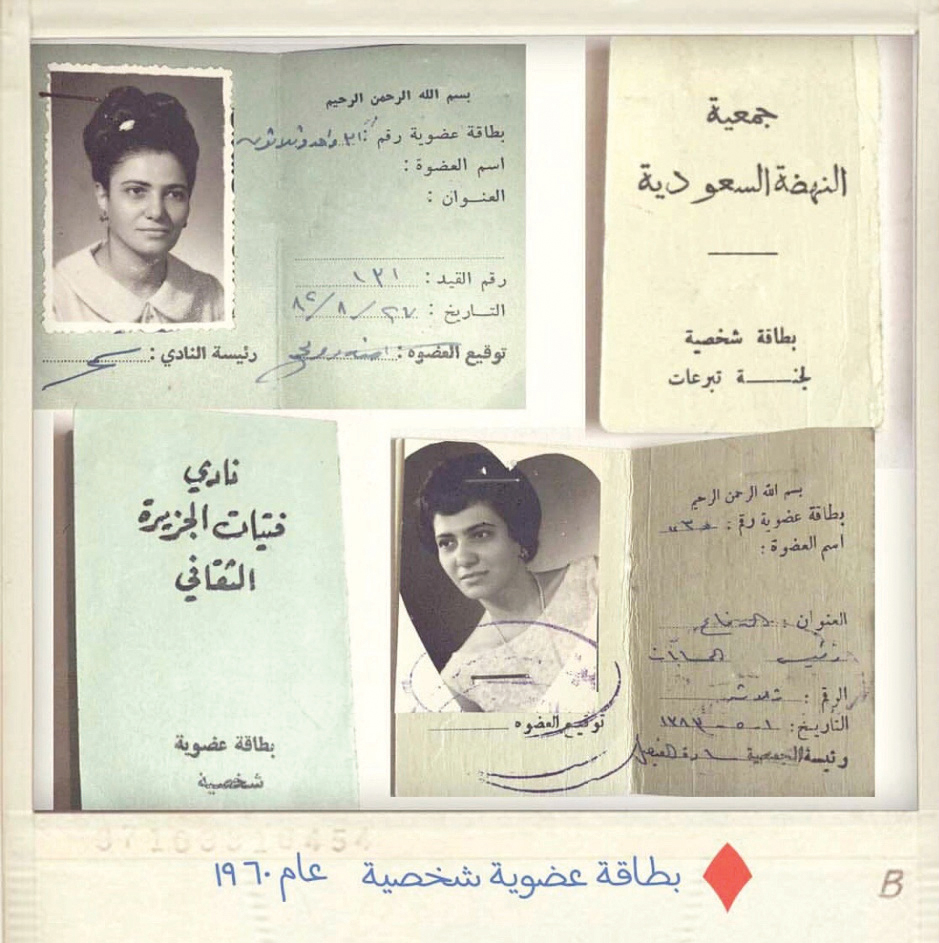RIYADH: Life for many young women in Saudi Arabia in the 1970s was an enjoyable mix of study, watching movies and looking forward to a normal, peaceful future in a growing society.
But as the decade drew to a close, an attempted terrorist overthrow and attack on the Holy Mosque in Makkah changed the lives of women and Saudi society as a whole.
Manal Aqeel, who later became an arts and crafts teacher in a government school, recalled: “We lived in peace, our children lived in peace. We knew our religion, we prayed, fasted, preformed Hajj and were kind to one another. I was in middle school when the attack happened on our Holy Kaaba and the aftermath was disastrous.
“Before the attack we would go out and live our daily lives normally. Our attire would consist of lightweight silk abayas wrapped around our waists to show off our colored skirts underneath.”
However, the seizure of the Holy Mosque by Juhayman Al-Otaibi and his militant followers in November 1979 sparked paranoia and fear among the Saudi population, and in the aftermath of the uprising people found themselves facing a rising tide of ultra-conservative restrictions in their daily lives.

Traditions run deep in Saudi society, with many families in the 1970s and today integrating their cultural and religious beliefs in search of a moderate way of life.
“Our family gatherings before the attack consisted of all the family having dinner and enjoying our time like everyone else. But the incident changed our lives. An air of tension lingered in the air as there was surveillance. People started saying, this is halal, this is haram,” Aqeel said.
Within two years, her lightweight abaya was replaced by a full-length black garment that covered her head.
“I don’t know what it was that made women resort to this? Influence? Fear? But one thing for sure was even niqabs (clothing covering the face with slits for the eyes) weren’t acceptable.”
After the events of 1979, conservatism intensified in Saudi Arabia as people adapted to a life filled with restraint and fear.
“The days before Al-Otaibi were the best. We lived in security and safety, and enjoyed our lives without complications. We didn’t even lock our doors. It was a simple life,” Aqeel remembers.

The 1970s opened new horizons for women in Saudi Arabia, allowing them to follow traditional roles or choose different career paths.
Women were TV anchors, radio presenters, actresses, teachers and more. With the oil boom, the country was flourishing. Before the terror attack, segregation was done out politeness and choice, not by force.
However, after 1979, Saudis adopted a more conservative approach to female clothing, with heavy, black abayas considered the only acceptable form of attire.
“My sister, beware of men wolves; cover yourself and you will not be harassed” was a familiar saying in the 1990s, leaving young women in fear of normal life.
Religious police encouraged the notion that women should be “hidden,” and neither heard nor seen in case their presence evoked deep desires which men could not control.
Saudi men also were left in a state of confusion, forced to look down on women as lesser beings, and with the right to control every aspect of their lives.
Fayga Redwan, a former school principal, recalls how her extended family stopped gathering on the beachfronts of Jeddah to relax with their children around, for fear of being confronted by the religious police.
“We all lived together in our big family home, my brothers and their wives and children. We would pack separate lunches as we had to segregate our picnics. Women would sit together, while our husbands and brothers sat nearby. We weren’t afraid, but there was still a sense of uncertainty,” she said.
“People’s views changed, they were skeptical at all times. They were dark days, indeed.”
Mother-of-three Haya Saeed said that the 1990s were the toughest time for women. “By then the mutawa, or religious police, had greater influence and power. I remember how frightening it was just going to a shopping mall was because they would stop us and harass us,” she said.
“We couldn’t even go to a restaurant without a male guardian, and the religious police would go from table to table to make sure that there was no indecent mingling and that the male was either father or brother.”
However, over time, the restricted freedoms young women faced after the 1979 attack began to ease. Women were given more rights to hold higher managerial positions, education was a tool, and society began to realize that their role is vital to ensure progress.
The “dark days” began to fade, ushering in a new chapter in the nation’s history.
In 2005, the late King Abdullah launched the King Abdullah Scholarship Program (KASP) for both men and women.

Sara Murad, host of MBC’s “Good Morning Ya Arab,” represents a new wave of Saudi women.
The initiative was welcomed by many Saudi families, who encouraged their young daughters, sisters and wives to apply — a blow to the extremists who opposed the program.
In 2010, King Abdullah appointed women to the Shoura Council, a groundbreaking move that highlighted the importance of having women in high positions.
Then, on Sept. 26, 2017, King Salman ordered that women be allowed to drive cars, another major blow to the ultra-conservatives.
In light of Vision 2030, a strict anti-harassment law was introduced in June 2018 to protect women and allow them to enjoy their newly won freedoms.
Times have changed, indeed.
Under the leadership of King Salman and Crown Prince Mohammed bin Salman, the Kingdom is regaining its former tolerance and moving ahead with lightning speed.
On Aug. 1, 2019 a decree signed by King Salman declared that Saudi women no longer require permission from a “male guardian” to travel or obtain a passport.

Young Saudi women joined social clubs throughout the Kingdom in the 1960s and 1970s, with some clubs still in operation today.
“Life has changed so much now. This change is amazing and the new generation has more confidence,” said Latifa Al-Bazeay, a travel agent.
“There was a loss of nationalism after 1979, people wouldn’t even celebrate National Saudi Day. Now we see the difference,” she said.
“Saudis have always loved their country, but now their loyalty shines through. It is our duty to celebrate this day for its greatness,” she said.
The militant extremism of 1979 left an open wound that has only healed with the reign of King Salman and the crown prince.
“We will return to what we were,” the crown prince said — famous words that have been put into action, whether by eradicating extremism, fighting terrorism or empowering women.




















